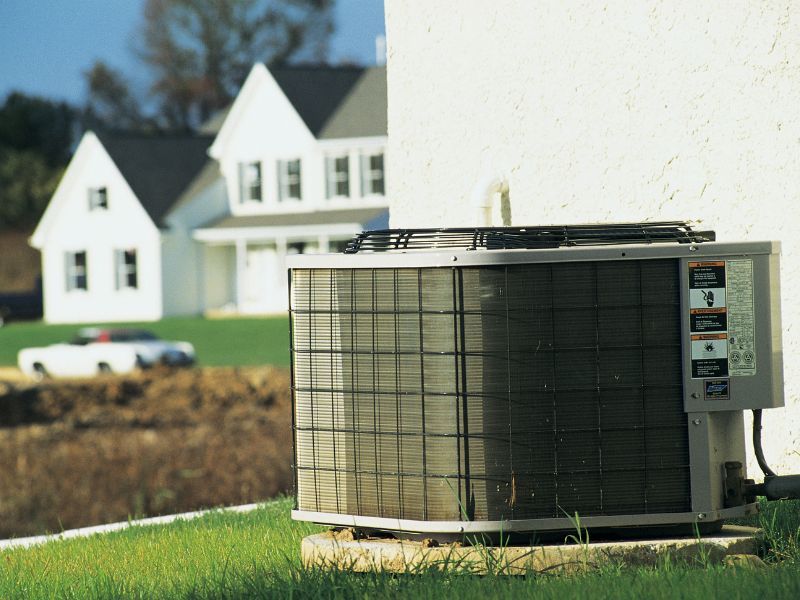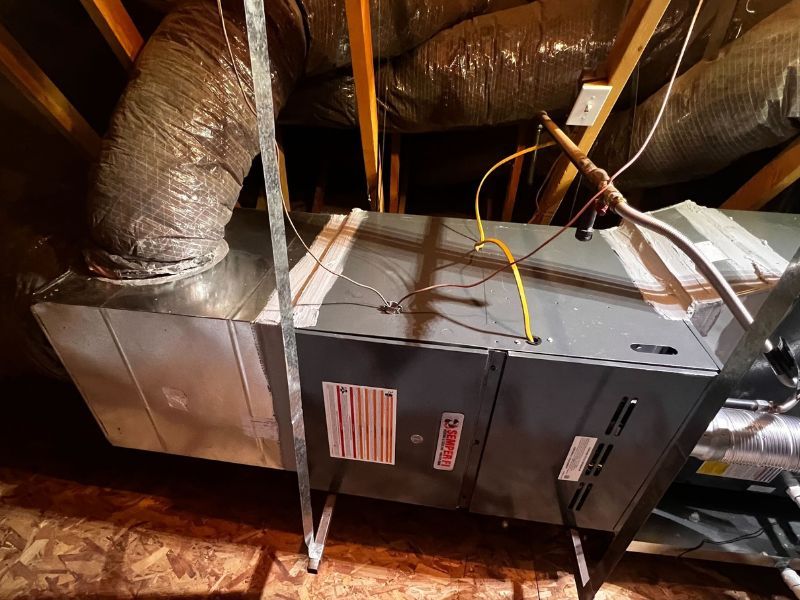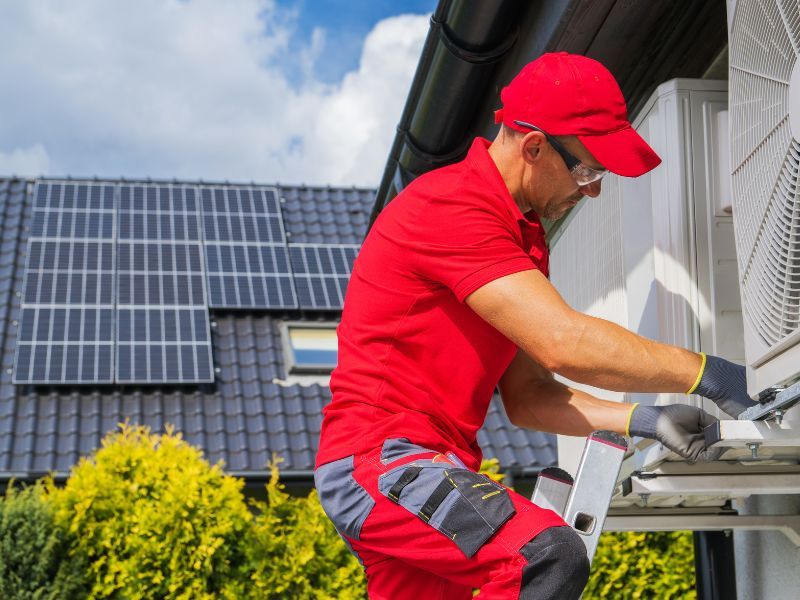What Is Evaporative Cooling?
Evaporative cooling in HVAC is a cooling method that utilizes the natural process of evaporation to reduce air temperature. This technique involves passing warm air over water-saturated surfaces, causing the water to evaporate and absorb heat from the air.
As a result, the air becomes cooler and more humid. Evaporative cooling systems, commonly used in dry climates, consist of a fan and wet media where air passes through to promote evaporation.
This energy-efficient approach provides effective cooling and increased humidity levels, making it a viable alternative to traditional air conditioning in certain regions.
People Also Ask About Evaporative Cooling
How does evaporative cooling differ from traditional air conditioning?
Evaporative cooling relies on the natural evaporation of water to cool the air, while traditional air conditioning uses refrigerants to transfer heat and cool the air. Evaporative cooling consumes less energy and is well-suited for dry climates, whereas traditional AC is more effective in a wider range of climates.
What are the advantages of using evaporative cooling systems?
Evaporative cooling systems offer energy efficiency, lower operational costs, and environmentally friendly cooling. They provide improved indoor air quality by adding moisture to the air and can be effective for both residential and commercial spaces.
Are there any limitations to evaporative cooling?
Evaporative cooling is most effective in dry climates with low humidity, as high humidity levels can hinder the evaporation process. Additionally, evaporative cooling may not achieve the same level of cooling as traditional air conditioning in extremely hot conditions.
HVAC System Cost & HVAC Reviews
Related Pages
Categories


